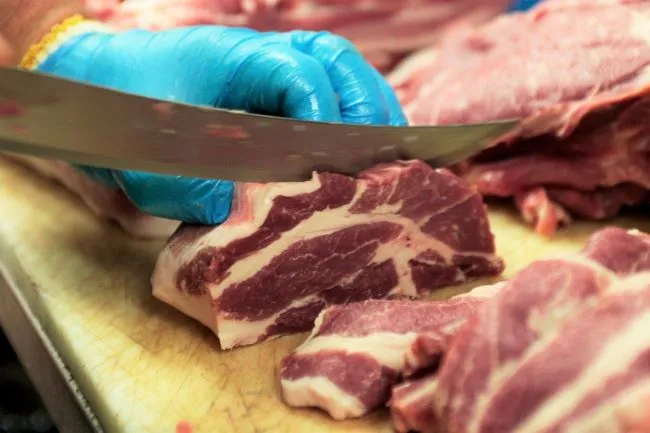
The alert comes at a time of heightened tensions between Ottawa and Beijing, after Canadian authorities at the behest of the U.S. arrested last December Huawei Technologies Co. executive Meng Wanzhou in Vancouver. Shortly after Ms. Meng’s arrest, China detained, and later charged, two Canadians on national-security grounds.
On the economic front, Beijing stopped buying Canadian canola seed in March and stepped up inspections of agrifood products such as soybeans in recent weeks. China also suspended imports from two Canadian pork plants about a month ago over what Canadian officials and the pork industry have characterized as an administrative issue.
Canadian agriculture officials issued an email this past weekend warning the meat industry of increased Chinese vigilance, according to three people in the farming sector. One of the people said the industry was advised China planned to inspect all shipping containers and all meat parts in the containers, and be vigilant about potential clerical errors in accompanying trade documents.
A second person said Chinese authorities warned officials at Canada’s embassy in Beijing about the increased scrutiny of meat imports.
“We cannot stress enough that the slightest ‘non-compliance’ could jeopardize our entire meat exports to China, which would have a disastrous effect” on the meat industry, according to a memo sent to meat processors by the Canadian Meat Council, and reviewed by The Wall Street Journal. Canada sold roughly 600 million Canadian dollars, or nearly US$450 million, of meat products to China last year, according to Canadian trade data.
The contents of the memo and the warning of increased inspections were reported earlier by Reuters News Agency.
Through a spokeswoman, Canadian Agriculture Minister Marie-Claude Bibeau said Ottawa was recently made aware of increased inspection of meat products. “We are working with producers and industry to underscore the importance of heightened quality assurance efforts to ensure there are no trade disruptions due to administrative errors,” Ms. Bibeau said.
A representative from the Chinese embassy in Canada didn’t immediately respond to a request for comment.




















